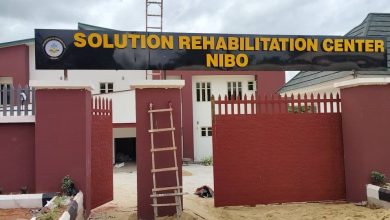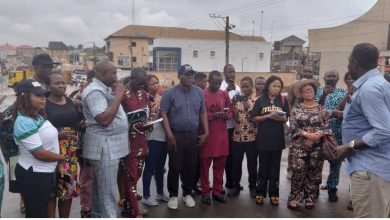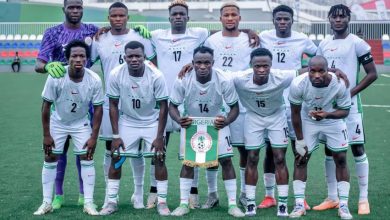Nigeria at 65: Education Sector Still Struggles Despite Higher Budget
Sixty-five years after Nigeria gained independence, the education sector continues to face deep problems. Stakeholders point to years of poor funding, weak policy implementation, insecurity, inadequate teachers, and decaying infrastructure as major setbacks.
Despite Nigeria having more than 300 tertiary institutions, millions of students, and a growing private school network, the foundation of public education remains shaky. Strikes, teacher shortages, and insecurity have consistently disrupted learning.
The Academic Staff Union of Universities (ASUU) on Monday issued a fresh 14-day ultimatum to the Federal Government, warning of an indefinite strike over what it called government’s neglect of universities. Stakeholders stated that without urgent reforms, the nation’s education system would remain stagnant.
At the basic and secondary school levels, the picture is not different. Many pupils still study under leaking roofs and overcrowded classrooms. Rabia Adamu, Chairman of the Governing Council at the Federal College of Education, Ofeme-Ohuhu, said the country needs at least 1.2 million additional teachers to close the gap.
Security concerns also worsen the crisis. In the last decade, school abductions have shocked communities, including the Kankara kidnapping in 2020, the Greenfield University attack in 2021, and the case of Leah Sharibu, still held since the Dapchi abduction in 2018.
Although President Bola Tinubu’s government allocated a record N3.52 trillion to education in the 2025 budget, an increase of over 60 per cent from the previous year, experts say the amount is still below the UNESCO recommendation of 15–20 per cent of national spending.
Prof. Olawale Albert, an expert in Peace and Conflict Studies, explained that “despite policy reforms and budget increases, the sector remains chronically underfunded, with serious gaps in salaries and infrastructure.”
Former Vice-Chancellor of the University of Ibadan, Prof. Idowu Olayinka, said while the system has grown over six decades, investment has not matched the expansion. “We require more funding in terms of facilities, teacher quality, and improved learning environments, especially in public schools,” he added.
Other experts drew attention to technology failures. Former Ambassador to the Philippines, Dr. Yemi Farounbi, criticized Nigeria’s inability to manage basic computer-based tests, saying it highlights how far behind the country is compared to global standards.
Prof. Clement Kolawole, Vice-Chancellor of Trinity University, said education has helped Nigeria’s development in areas like science, agriculture, and sports, but warned that poor funding continues to hold the sector back. He urged all tiers of government to provide the needed resources and manpower to stop schools from underperforming.



